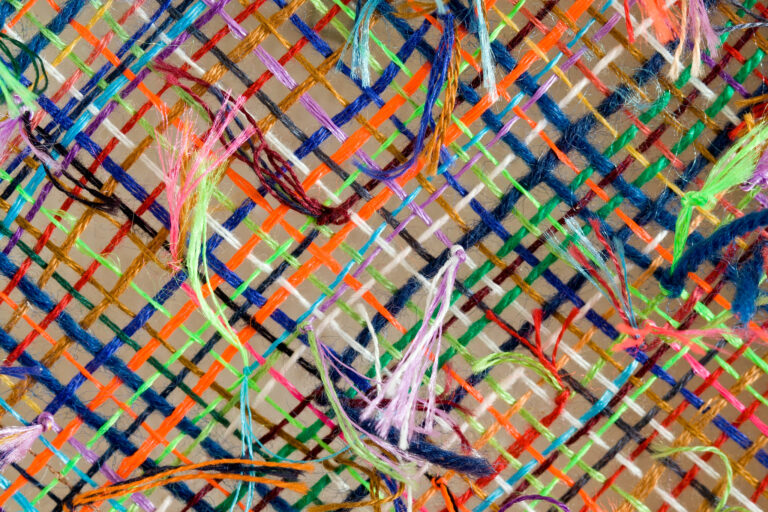We begin with the question “what do we want to keep that the pandemic has given us?” Largely co-written in 2021, this reflexive essay serves as a snapshot in time, at one stage of the pandemic, reflecting upon earlier, shared experiences at one institution of higher education. We locate each of our identities and positionalities in that space and beyond. Our essay uses Moya Bailey’s 2021 discussion of an ethics of pace to frame our thinking and collective memory work and to counter what we identified as the distinct efforts of institutions of higher education to not have places for institutional memory. We articulate that without memory places, it is impossible to build both a history of justice work in institutions of higher education and accountability that this justice work is seen through. And we ask, how are we to build justice and healing in higher education when the place is designed so that we can’t remember things, and when there seems to be a goal to not have institutional memory that remembers how, why, and by whom justice work is done? We answer the question: “what do we want to keep that the pandemic has given us?” with this: “the pace and place to remember.”
Keyword: higher education
Toward an Alaskan Critical Regionalist Pedagogy: Mapping the Cruise Ship Industry through Visual Spatial Tactics
In an era when urban space is theorized as an educative science enhancing productivity, business, and management, we witness the emergence of teaching as a dominant productive force for the first time in the history of capital. Given the decisive role of knowledge production in the development of globalized urbanization it becomes vital to identify critical pedagogies that not only engage the production of space but grasp the production of space as pedagogical. To do so, I attend to interventions into regionalist studies and the global city to argue for visual spatial tactics as a tool for a critical regionalist pedagogy capable of linking material, affective, and discursive practices with a placed-based approach to globalized urbanization. Students design a collaborative website documenting the spatial history of cruise ship tourism in Alaska as an argument over the right to the city. Identifying this living process—framing the cruise industry as a constitutive system fusing discourse, space, and identity to restructure history, nature, and region—becomes a means of questioning and revising otherwise generalized theories often brought to bear on tourist landscapes, on Alaska, and on critical pedagogy itself. This case study shows the emergence of the cruise ship city as inseparable from the onset of globalized urbanization and how it, in turn, provides edifying material to mobilize a critical regionalist pedagogy within contemporary forms of educative landscapes.
Review of What’s the Use?: On the Uses of Use by Sara Ahmed (Duke University Press)
The last book in Ahmed’s terminological trilogy, What’s the Use investigates a term rooted in quotidian routine: use. Her previous books in this series, The Promise of Happiness (2010) and Willful Subjects (2014), interrogate happiness and the will respectively. Following her resignation from Goldsmiths University, What’s the Use highlights both the complexity of taking on use as a concrete project and the lasting effects of stopped university work. By leading the reader through an intellectual, philosophical, and educational history of “use,” Ahmed attaches “use” and the human experience to diversity work in the university. With student and faculty complaints as her evidence, Ahmed provides heart-breaking, anxiety-inducing, enraging testimonials of systemic oppression, ignorance, and abuse in the university setting. What’s the Use provides tangible practices for disrupting overused systemic oppression in a referential tome that can be used as both a study guide and a road map.
Academic
Cultural studies should be a deliberate site of sustained and sustainable struggle.
Critical Purchase in Neoliberal Times
‘Critical Purchase in Neoliberal Times’ is an edited conversation with Ien Ang and three members of the Cultural Studies Praxis Collective (CSPC): Miriam Bartha, Bruce Burgett, and Ron Krabill. The transcript of the conversation conducted at the University of Washington was reworked and revised by the interlocutors. The document as a whole surfaces and addresses a series of questions about engaged and community-based forms of cultural studies scholarship; multiculturalism, cosmopolitanism, and media policy; and the future of the transnational field of cultural studies in the context of the neoliberal turn in global higher education.



